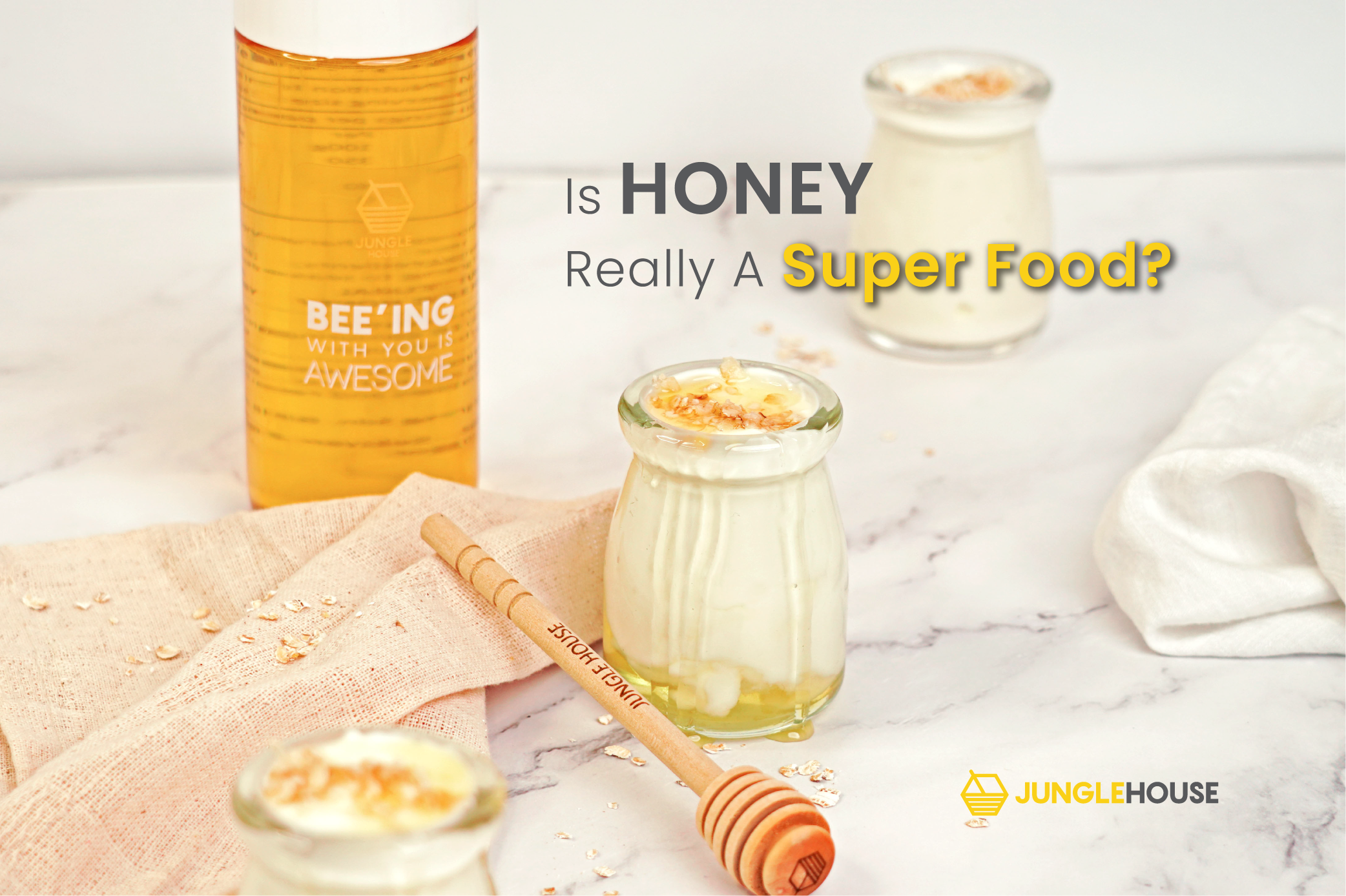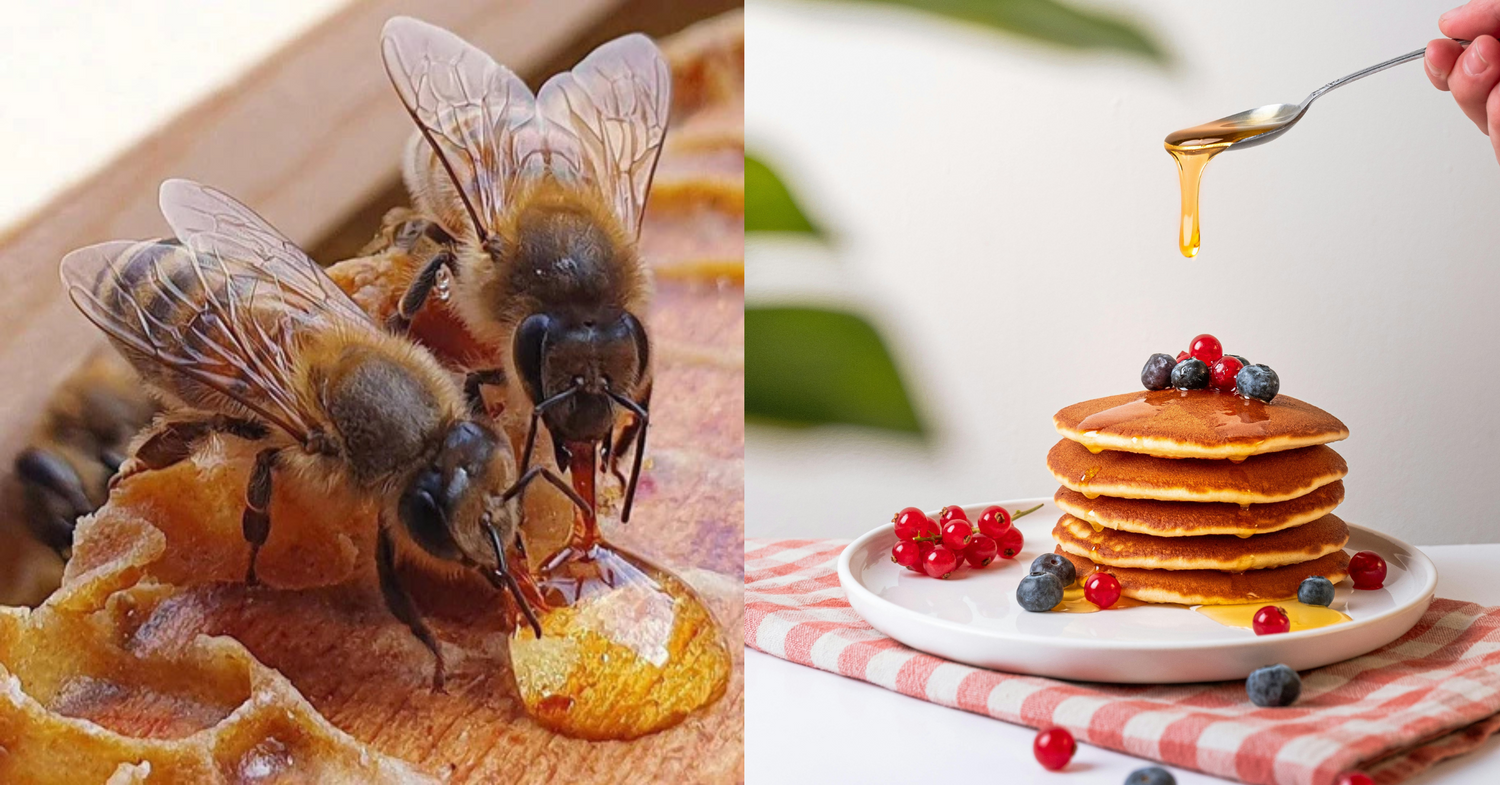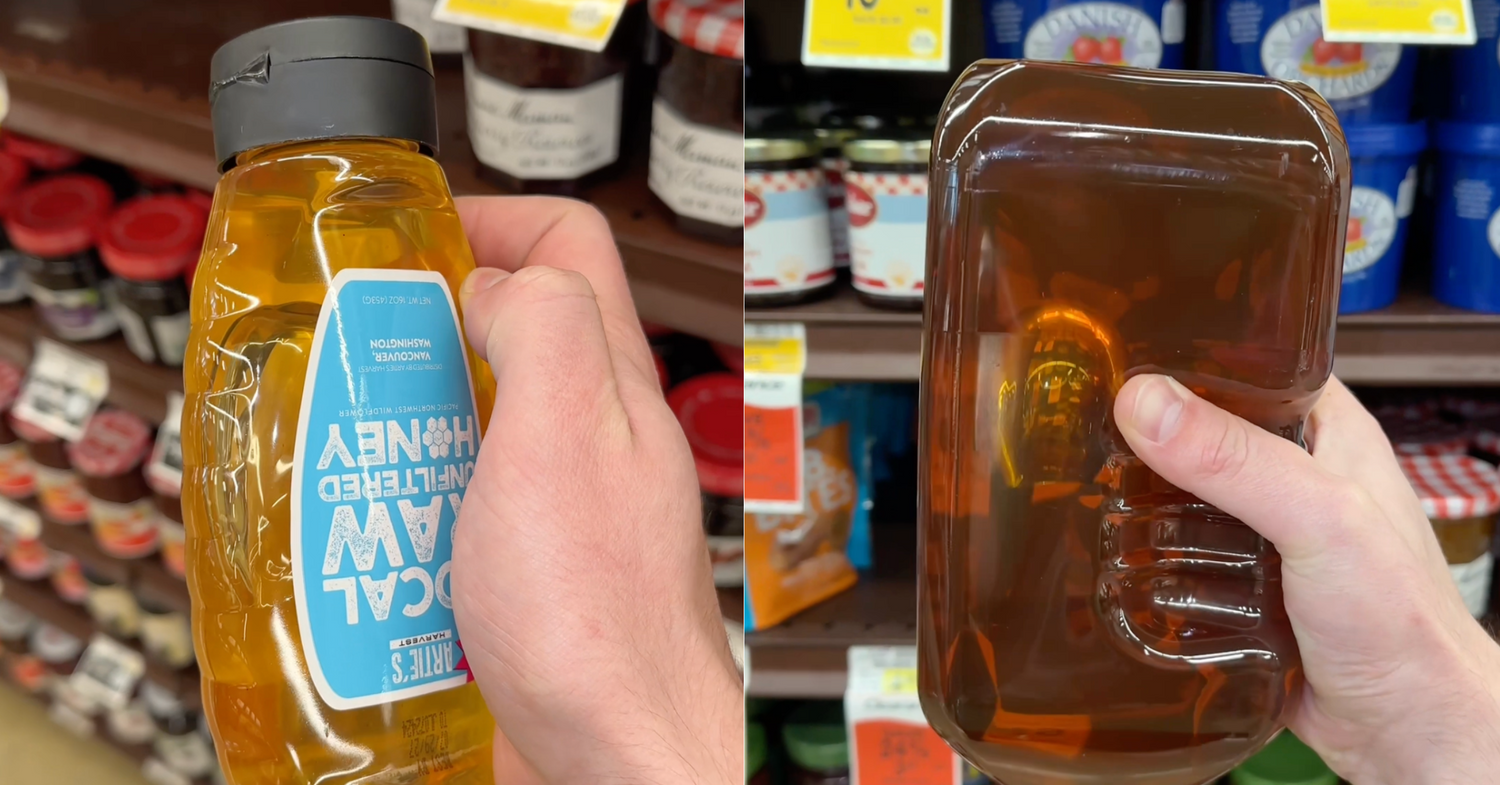Since forever ago, flower nectar has consistently been an all-around considered, celebrated superfood. People of ancient civilizations used to take honey as medicine due to its healing properties. But is honey really a superfood?
The ancient people had discovered numerous applications for honey. They utilized it to enhance drinks. They utilized it as a famous medication and the primary part of remedial treatments that helped with lung issues.
Egyptians utilized nectar in their eating routine, yet in addition as a fixing in the preserving liquid. For a while, honey was the main sugar that was broadly accessible to individuals before the large-scale sugar production.
Today the honey is still well known as one of nature's ideal and most impressive regular items. It has healing properties that make it a vital part of food and a compulsory partner in battling the cold.
Different Types of Honey:
In the market, there are two types of honey available. The pasteurized honey is heated at 160 degrees. It experiences ultrafiltration and does not crystalize on storage.
The other type of honey is the raw honey collected from the honeybee hives. It is difficult to find this type of honey. However, some people raise bees to get raw honey.
Why Do People Consider Honey As A Superfood?
Honey is considered a superfood due to many reasons. This raw honey is filtered to remove dust particles and pollens.
Nutritional value: There are many beneficial nutrients in honey. There are around 22 amino acids and more than 30 vitamins and minerals in raw honey.
Anti-inflammatory properties: Honey has anti-inflammatory properties. According to a study the honey is as effective as prednisolone treatment. It provides a soothing effect to the nerves. Another study shows that it also reduces the activity of cyclooxygenase. Therefore, it also acts as a pain killer.
Anti-oxidative properties: Honey has anti-oxidative properties that protect the body from oxidative damages. Oxidative damage is the damage of free radicals. These free radicals enter the body through food and the metabolism of some chemicals. Antioxidants present in honey clear out these radicals. The antioxidants present in honey include flavonoids, vitamins, niacin, and many minerals like manganese, zinc, and phosphorus. All these minerals rejuvenate the skin and repair it.
Anti-allergy action: The bees collect honey from different flowers, and sometimes the honey also contains some extracts of the pollens. If you use locally extracted honey, it will contain extracts of the pollens of local flowers. In this way, you will develop immunity against the local flower pollen allergies.
Antibacterial action: The oxidative properties of honey fight bacterial infection in the throats and intestines. It is an effective remedy for colds and diarrhea in kids. It also protects the brain from lead poisoning and meningitis.
Immunity booster: The honey also acts as a strong immunity booster. It is rich in vitamins and sugars. Both of these components provide energy and immunity to the body. The honey also contains some anti-fungal properties.
CONCLUSION:Yes, honey is a superfood. It has all the health benefits required to be a superfood. Consume a spoonful of honey a day and keep the doctor away.






